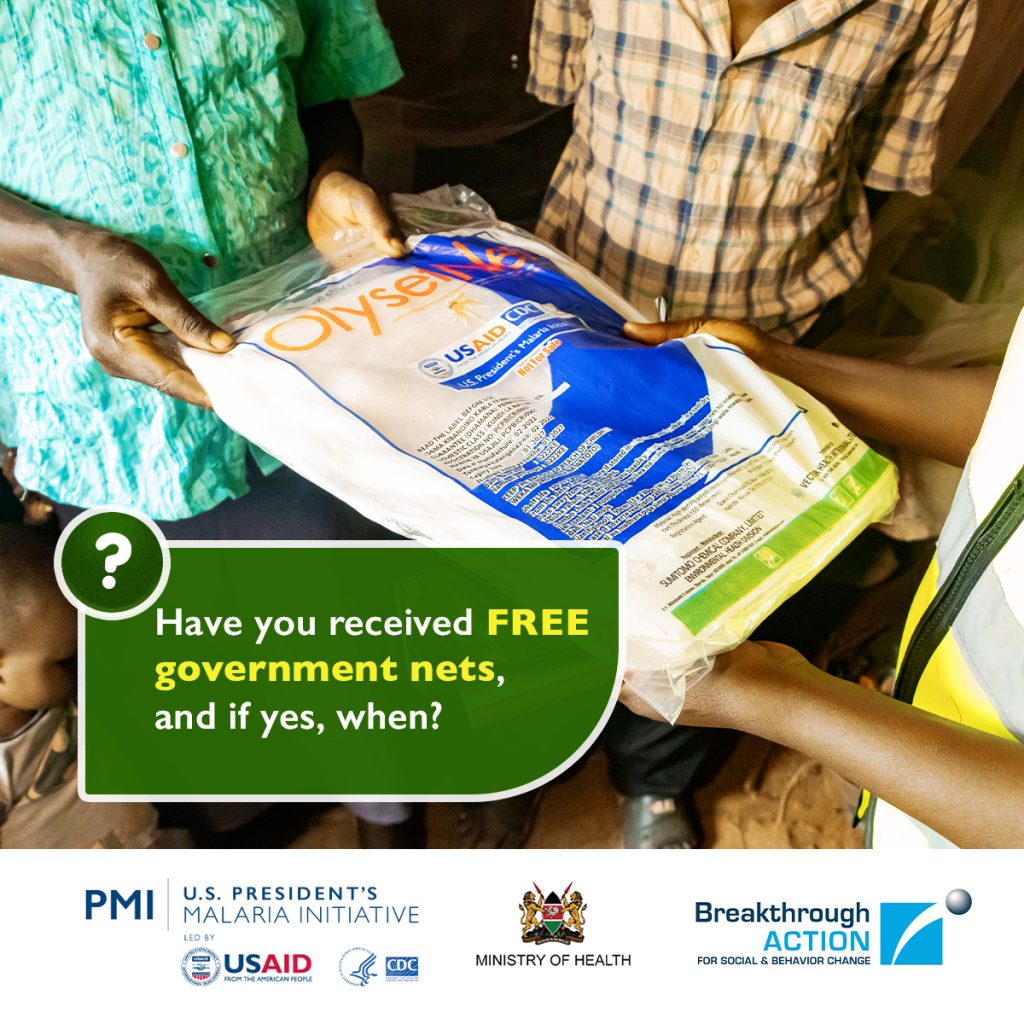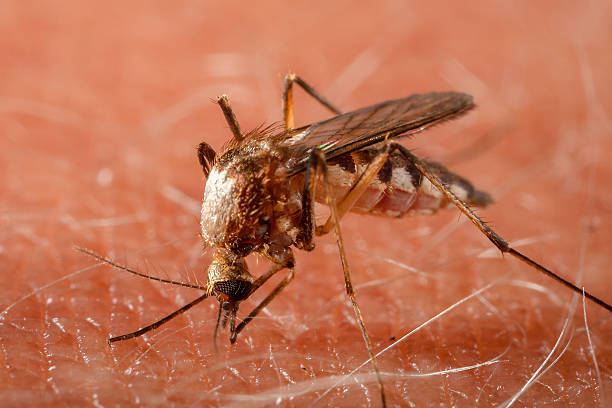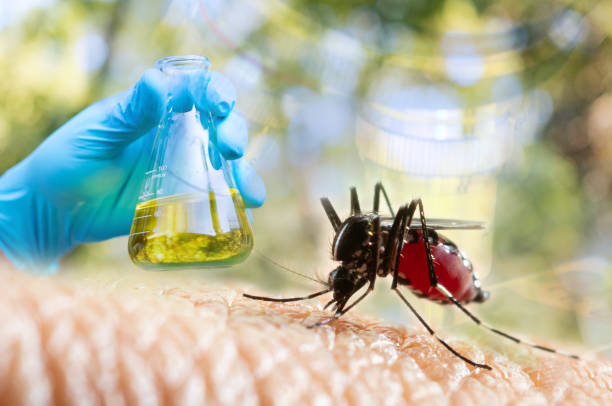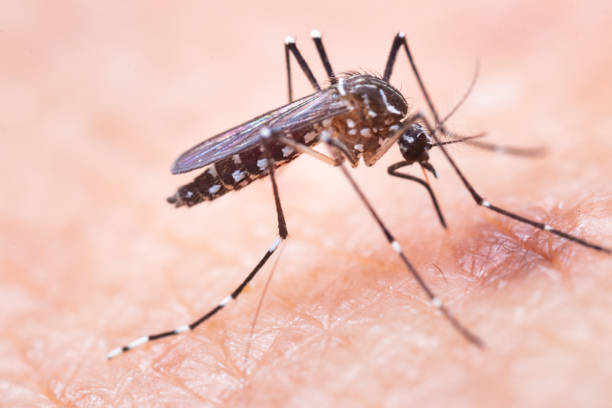- International Malaria Day is observed annually on April 25th to raise awareness about the global fight against malaria. NMCP Sierra Leone remains committed to reducing malaria cases and ensuring a healthier future for all. This year, we continue our efforts to educate communities on prevention, treatment, and control measures.
- Upcoming Event: International Malaria Day – April 25th
- International Malaria Day is observed annually on April 25th to raise awareness about the global fight against malaria. NMCP Sierra Leone remains committed to reducing malaria cases and ensuring a healthier future for all. This year, we continue our efforts to educate communities on prevention, treatment, and control measures.
- Upcoming Event: International Malaria Day – April 25th
About Us
About Us
National Malaria Control Program (NMCP)
Malaria remains a major health challenge in Sierra Leone, accounting for 40.3% of outpatient morbidity, 47% of cases in children under five, and 37.6% of hospitalized cases, with a high case fatality rate of 17.6%. Plasmodium falciparum is responsible for over 90% of infections. WHO supports the country’s malaria control efforts, aligning with the Global Technical Strategy (GTS) to reduce incidence and mortality by 75% by 2025 and 90% by 2030. Key interventions include Insecticide-Treated Nets (ITNs), Intermittent Preventive Treatment (IPTp, IPTi), and timely case management. Despite these efforts, progress toward GTS targets has been slow. The vision of National Malaria Control Programme is to have a malaria-free Sierra Leone while the goal is to ensure a reduction of malaria incidence and deaths by 75% of the levels recorded in 2015 by 2025.

Frequently asked questions
Our Story
Malaria remains a major health challenge in Sierra Leone, accounting for 40.3% of outpatient morbidity, 47% of cases in children under five, and 37.6% of hospitalized cases, with a high case fatality rate of 17.6%. Plasmodium falciparum is responsible for over 90% of infections. WHO supports the country’s malaria control efforts, aligning with the Global Technical Strategy (GTS) to reduce incidence and mortality by 75% by 2025 and 90% by 2030. Key interventions include Insecticide-Treated Nets (ITNs), Intermittent Preventive Treatment (IPTp, IPTi), and timely case management. Despite these efforts, progress toward GTS targets has been slow. The vision of National Malaria Control Programme is to have a malaria-free Sierra Leone while the goal is to ensure a reduction of malaria incidence and deaths by 75% of the levels recorded in 2015 by 2025.
Our Vision
Malaria Free Sierra Leone
Mission
To direct and coordinate efforts towards a malaria-free Sierra Leone through effective partnerships.
The Goal
To direct and coordinate efforts towards a malaria-free Sierra Leone through effective partnerships.
About Us
Our Role
01
Play a leading role in defining and guiding the implementation of core malaria control and elimination intervention as defined in the Sierra Leone National Malaria Strategy Plan, as well-set annual milestones for the implementation of the strategy
02
Provide relevant links within the Ministry of Health, the wider health sector and liaising with other Ministries, non-health sectors, development partners, UN agencies and non-state actors to coordinate actions and inputs for malaria control and elimination in the country
03
Develop a critical pool of resource persons at the sub-national level to support capacity building in order to facilitate the implementation of the Sierra Leone National Malaria Strategy Plan.
04
Identify areas for technical support and solicit the expertise through the Roll Back Malaria (RBM) initiative via WHO/AFRO and other networks to support in capacity development
05
Participate in Strengthening Malaria surveillance, monitoring and evaluation of malaria activities and facilitate Operational research
06
Work through Committees of Experts (COEs) and Malaria Health sector Working Group (MHTWG) to advise the Ministry and Government at large as well as coordinate implementation of the Sierra Leone Malaria strategy components at the sub-national level
Efficient And Better Care For You.
Lorem Ipsum is simply dummy text of the printing and typesetting industry. Lorem Ipsum has been the industry’s standard dummy text ever since.
Latest Updates

Top 10 Ways to Protect Your Family from Malaria
“Discover the top 10 proven ways to protect your family from malaria. From using insecticide-treated nets to proper sanitation, every step matters…

Empowering Women in Malaria Prevention Efforts
“Empowering women as key agents in malaria prevention and control. Together, we build healthier communities through awareness and action…

The Role of Insecticide-Treated Nets in Malaria Prevention
Insecticide-treated nets are a vital tool in malaria prevention, protecting families from mosquito bites during sleep….
